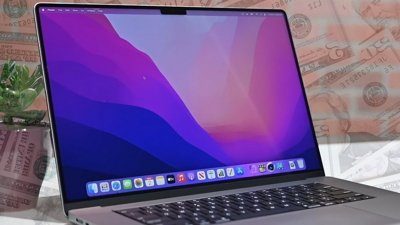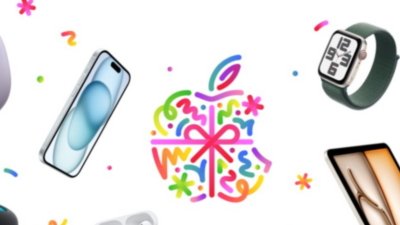Spotify described Apple as a "monopolist" late Friday, dissecting the latter's reaction to a competition complaint Spotify submitted to the European Commission.
"Every monopolist will suggest they have done nothing wrong and will argue that they have the best interests of competitors and consumers at heart," a Spotify representative told Variety. "In that way, Apple's response to our complaint before the European Commission is not new and is entirely in line with our expectations.
"We filed our complaint because Apple's actions hurt competition and consumers, and are in clear violation of the law," the person continued. "This is evident in Apple's belief that Spotify's users on iOS are Apple customers and not Spotify customers, which goes to the very heart of the issue with Apple. We respect the process the European Commission must now undertake to conduct its review."
Apple's statement, released earlier on Friday, claimed that Spotify is disguising "financial motivations in misleading rhetoric about who we are, what we've built and what we do to support independent developers, musicians, songwriters and creators of all stripes," further attacking the Swedish service for joining Amazon, Google, and SiriusXM/Pandora in opposing higher royalty rates for songwriters.
It barely touched on Spotify's main argument though, which is that Apple has constructed barriers making it hard for third-party services to compete. In the case of on-demand music, Apple takes a 30 percent cut from new in-app subscriptions, and 15 percent from those a over a year old. Apple Music doesn't have any such split, and is moreover integrated across Apple platforms in a way third parties aren't allowed — HomePod owners can't set Spotify as their default music service, for example.
Apple's most direct response was suggesting that Spotify wants "all those benefits [of the App Store] while also retaining 100 percent of the revenue," pointing out that it supplies development resources, a platform, and a secure payment system.
Spotify did offer in-app subscriptions at one point, but charged more to compensate for Apple's take, and ultimately decided to scrap the option. Another complaint developers have had is that they're not allowed to direct people to Web-based purchase options, which means Spotify subscribers have to learn elsewhere about how to unlock a Premium plan.
 Roger Fingas
Roger Fingas














 Sponsored Content
Sponsored Content
 Wesley Hilliard
Wesley Hilliard
 AppleInsider Staff
AppleInsider Staff
 Andrew Orr
Andrew Orr
 Amber Neely
Amber Neely

 William Gallagher
William Gallagher









146 Comments
I say let the lawyers decide it. But I stand with apple over here. Apple doesn’t own a monopoly on any market. If you don’t like their rules don’t play in it.
Funny enough ,Spotify’s iOS app is much better than the Droid version last time I checked.
I think Spotify knows it’s a matter of time. They have no other income streams. Can’t afford the current business model. They are fighting for their life. They will lose.
Spotify has been, in my experience, inferior to Apple Music. I pay for an Apple Music family membership and I am extremely happy. I also have a Pandora family membership and I love it. I find Pandora to be superior to Spotify. In fact, I’m emotionally distraught by Spotify. The writing is on the wall Spotify. With a name like that, you can always change business models and market a stain removal pen for clothing. 👏🏻
Spotify makes an interesting argument. If HBO Now was downloaded from Apple (a fairly small service by Apple), does it mean Apple collects 30% of revenue for the first year and 15% thereafter? If so, that seems excessive, just for providing a download portal to its users. Apple could then compete with HBO on a lower cost structure and do its own shows, which apparently it is doing. Netflix, same? How about Amazon Prime revenue?
There is precedent to suggest that Apple can't simply charge a 30% toll on all the revenue producing activities that happen across iOS. Apple has some arguments that it created the platform. The literature on railroad competition provides many examples of monopolistic pricing that had to be made illegal. Usually the solution is to remove the barrier to entry, or if that is impractical (as building totally duplicate rail lines is somewhat impractical), to allow multiple carriers (= other App Stores) on the platform.
Spotify may be right that the current status quo on iOS App Store may be illegal. Just my opinion as a hobbyist on these topics, not a professional.